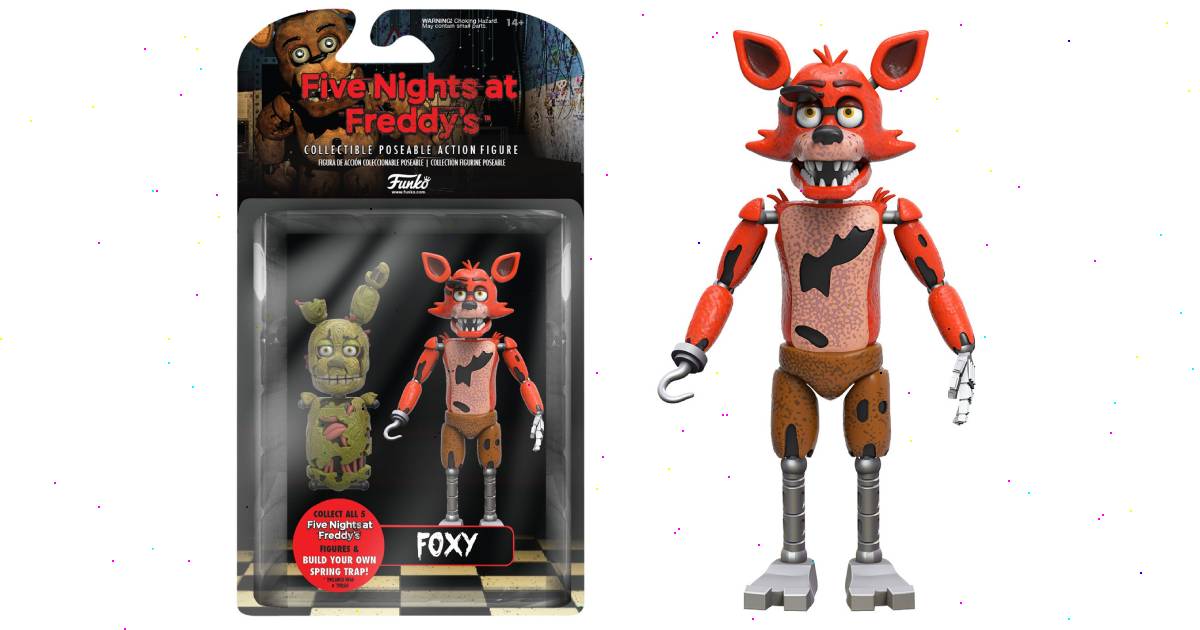Video Games Make a Play for Licensing Supremacy

By Mark Seavy
Tentpole films’ and TV series’ dominance in licensing is being challenged as videogames, social media, Roblox, YouTube, and other sources churn out an ever-broader array of content.
The trend was underway well before the pandemic left families homebound and searching for new content but shifting consumer tastes, paired with strikes earlier this year that shut down production, have loosened film and television’s grip on licensing.
“It is all entertainment now and what you are selling is where people are spending their time,” said Bill Graham, President of PhatMojo, which has released collectibles based on MiniToon’s Piggy and Big Games’ Pet Simulator Roblox games and will release One Piece action figures and plush in January based on the Netflix series. “Video games is one sandbox that people should continue to warm to because they are a consumer reality.”
That’s not to say film and TV properties’ licensing potential is being diminished. However, the flexibility of sources like videogames and social media is creating new opportunities to develop franchises.
For example, Sony Entertainment’s The Last of Us started life as a video game title developed by Naughty Dog and published by Sony Entertainment in 2013. It spawned a successful streaming series released by HBO earlier this year with a second season due in 2025. Themeborne also jumped into the fray with a Kickstarter campaign with a “The Last of Us: Escape the Night” board game that’s due in March. And even Sony Pictures Entertainment Chairman Tom Rothman expressed regret the studio didn’t move ahead with a film version.
Then there is the Five Nights at Freddy’s video game, which developer Scott Cawthon released in 2014. It became a licensing phenomenon before being released by Universal Pictures as a feature film in November.
And on the anime side, One Piece—which was first released as manga in 1999 before being turned into a film in Japan a year later—was reimagined earlier this year as a streaming series on Netflix.
And while video games on their own are more than enough fodder to launch licensing programs, part of the reason they are now rivaling tentpole films and television series as a source for licensing is that the content based on these video games has become more well-rounded across a variety of platforms, licensing executives said. And as the quality has improved, it has created opportunities for ever-broader licensing programs.
“Video game entertainment has gotten much better than it was in the past, because the movies [and TV shows] are a better translation of the franchise,” said Marc Mostman, a licensing executive with an extensive background in videogames including Resident Evil, Tomb Raider, and Street Fighter, and who was an executive producer on the Five Nights film. “The films are connecting with the fans because they are true to the original source material. In the past, when you took a game to a film or television producer, they wanted to bring it to a broader audience. But that was a mistake because it left the fans behind. Fans come first in many of these films now, and that is key because if you diverge you lose that base.”
Retaining that fan base comes as a “meritocracy” emerges where content and licensing are no longer tightly tied to film release schedules and their relatively short peak sales periods, a retail executive said. That change is being driven by consumers getting content from a variety of sources rather than solely from a film or TV program.
“No one industry alone can dictate where the next entertainment hit will come from,” said Russell Binder, Founding Partner at Striker Entertainment, which handles licensing for Five Nights. “Having an IP that can live in multiple entertainment verticals will provide rights holders the greatest chance for success. For those rights holders who may dominate a single lane, the need for cooperation and collaboration exists.”




